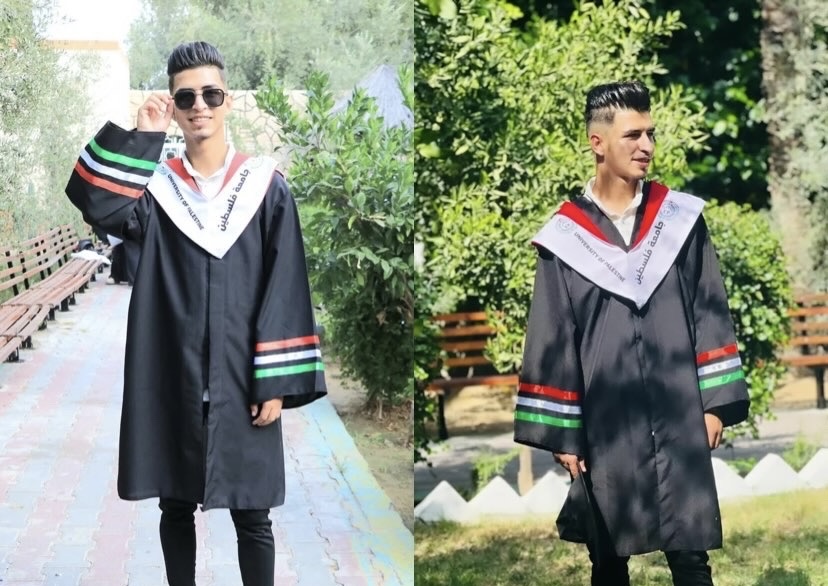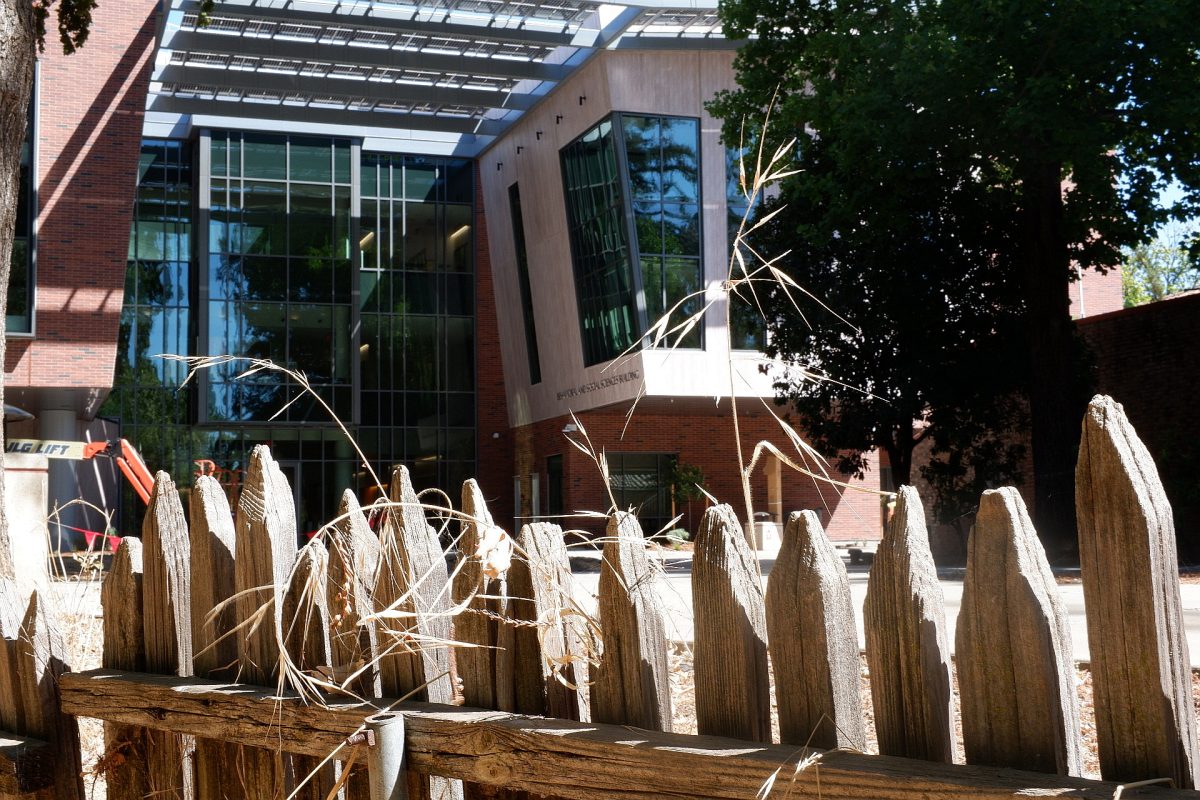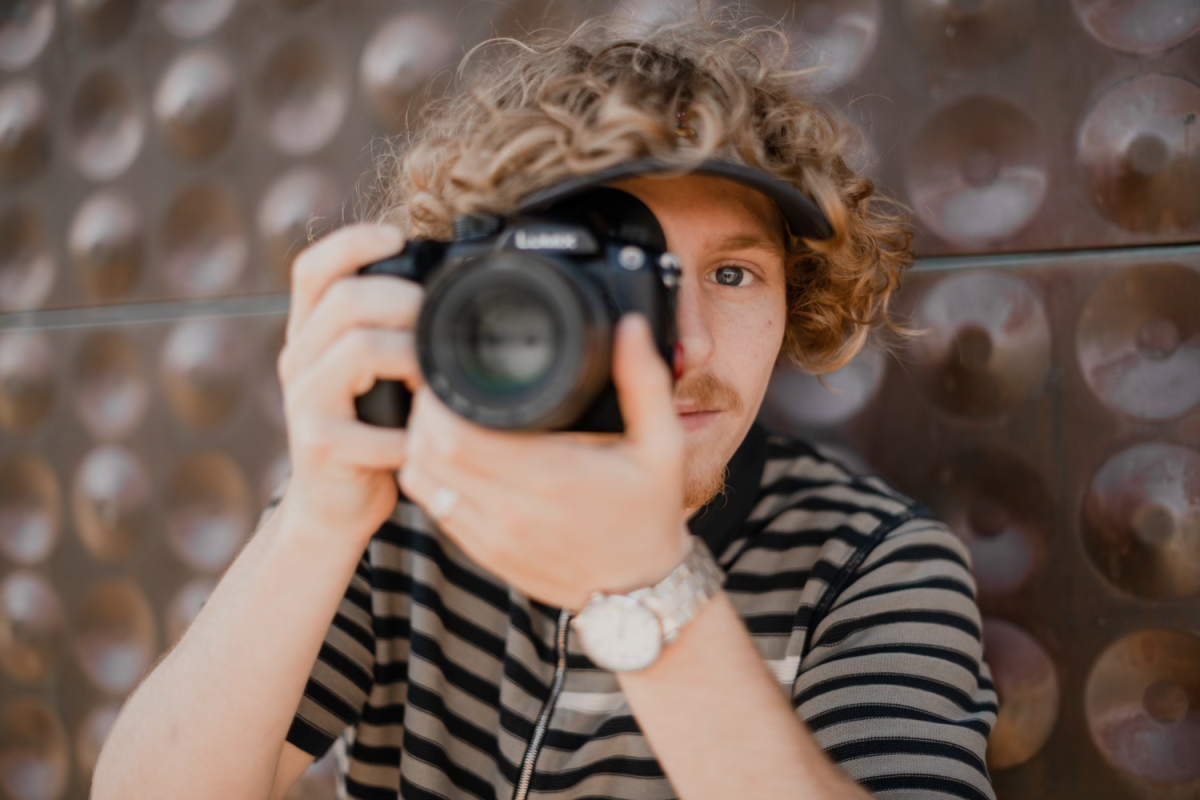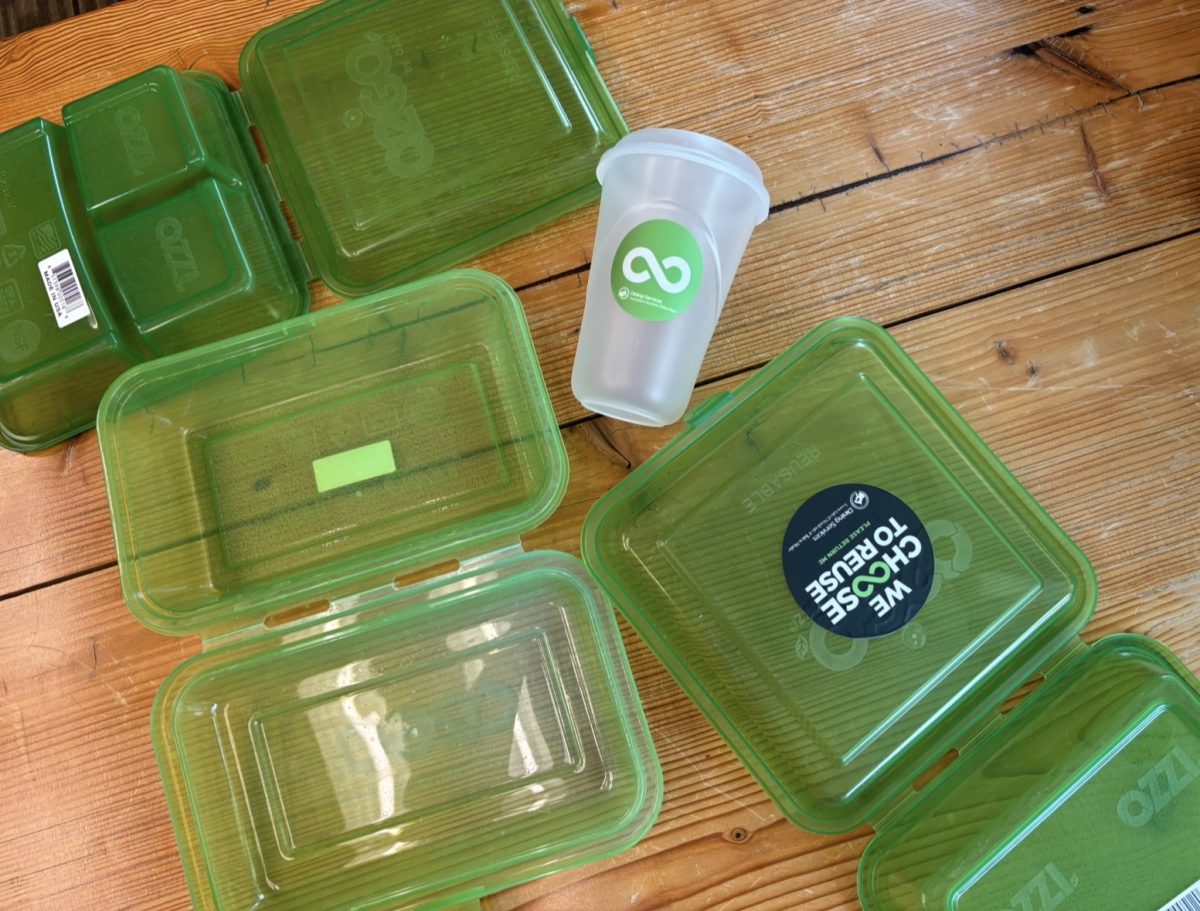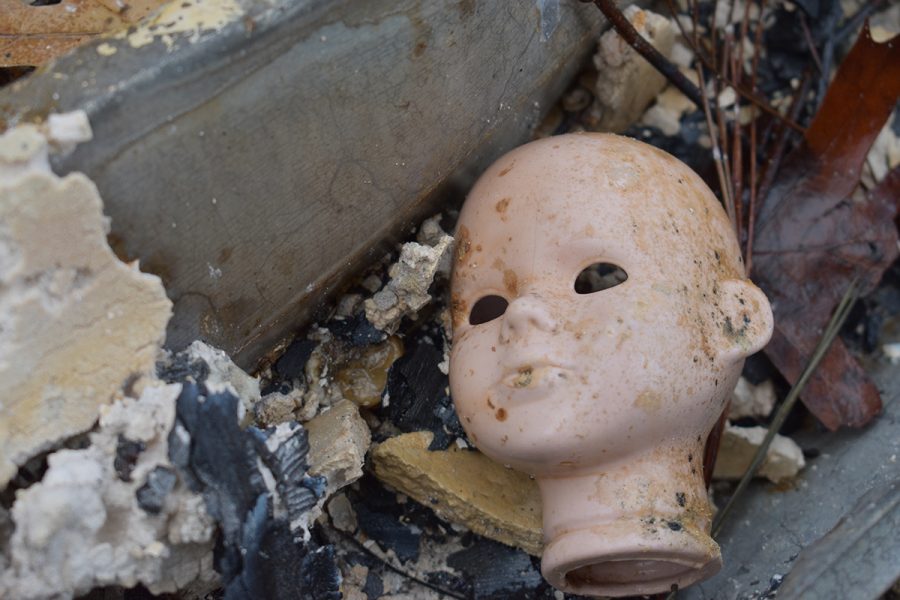Cyndi Lauper’s voice rang out “So don’t be afraid to let them show your true colors. True colors are beautiful, like a rainbow” as the room filled with students from different sexuality and racial backgrounds.
They came together to talk about the issues that face the LGBTQ+ community in an interactive forum setting.
The conference was attended by 100 students, said Sarah Sullivan, Director of the Gender and Sexuality Equity Center, who participated in various activities, including group discussions, a privilege walk and a guided imagery.
The conference hosted a variety of speakers including Elizabeth Kristen from Legal Aid Society, Molly Heck from the Multicultural and Gender Studies Center, Kay Gordon from the SF LGBTQ Speakers Bureau and a few others.
The theme for this year was True Colors, featuring Cyndi Lauper’s song by the same name.
“We picked True Colors as the theme because we wanted to shed light on varying experiences and topics that we don’t usually talk about on college campuses,” said Eliza Dyer, a junior sociology major and Gender Sexuality and Equity Center intern.
Maddy Leroy, a senior english literature major and GSEC intern explained the addition of the “+” in the acronym.
“All other identities are encompassed in the “+” that identify differently from the LGBTQ acronym,” she said. “The acronym would go on forever if we keep adding letters.”
Highlights from the conference:
Krystle Tonga from the Cross-Cultural Leadership Center, guided the audience in a guided imagery where everyone was either an X or an O with no other identifiers. 90 percent of the population is an X while 10 percent of the population is an O.
The audience were all told they were O’s and had to make the X’s understand their situation they face.
“We’re constantly being labeled, we’re constantly being put in boxes that we have to fit into and when we deviate from that, we have to do things like an LGBTQ+ conference, we have to do things like black recruitment,” said Tonga. “We have to do things that are specifically an outreach to folks who have an invisible voice because of those things.”
Tonga argued that the only identifier that someone has is an X or an O, the one thing someone identifies as the most with when they speak up, is what people see them as. The reality is that no one is just one thing.
“If they see you as just the black representative or a feminist, they are taking away every other aspect of who you are and what you can bring to the table,” she said.
In order to combat that, Tonga said that people have to use their voices because they are the experts in their own experiences.
The privilege walk was led by Heck.
A privilege walk is where a question is asked and if someone has experienced it, they step inside the circle. The questions were confidential.
The one answer that stood out during the conference was when the question was asked “How many people feel safe within their community?” and almost everyone in the room took a step inside the circle.
After the privilege walk, five people from the Queer People of Color, a new club on campus, hosted a panel.
Kory Masen, a Queer People of Color member was at first hesitant to start this club with president Desiree Stevens because he felt it would separate them further from the LGBTQ+ community.
“People of color aren’t heard in the queer community,” Masen said. “It’s not dividing us further, it’s giving us a voice within the queer community.”
LaTiana Ridgell, who identifies herself as a black woman first, her nationality second and her sexuality third, said that when she came to Chico, she was warned that she would face racism, but instead, she faced homophobia more.
“Not only do I have to deal with racism, but if I’m dressed more masculine one day, then I have to deal with homophobia,” she said.
Ridgell’s sexuality was one she describes as being on a spectrum. She said this confuses people because they put her in a box as to what she identifies herself as.
“You’re either gay or straight, there is no in between,” she said.
To create a safe environment on the Chico State campus for the LGBTQ+ community, the panel said that education is important as well as listening to the LGBTQ+ community and allowing them to have a voice.
Chantal Richards can be reached at: sexcolumnist@theorion.com or @ChantieRichards on Twitter.



